Copyright 1989 by Harry Caray, Ltd.
All rights reserved under International and Pan-American Copyright Conventions. Published in the United States by Villard Books, a division of Random House, Inc., New York, and simultaneously in Canada by Random House of Canada Limited, Toronto.
Library of Congress Cataloging-in-Publication Data
Caray, Harry.
Holy cow!
1. Caray, Harry. 2. SportscastersUnited StatesBiography. I. Verdi, Bob. II. Title. GV742.42.C37A3 1989 070.4497960924 [B] 85-40859
eISBN: 978-0-307-82903-0
v3.1_r1
Contents
This book is dedicated to Doxie Argint, who, as an aunt, was the closest thing I ever had to a mother.
And a special dedication to those who have had the biggest impact on my career, the most important but least appreciated force in all sportsthe fans. Without them, nobody, including me, could have accomplished much at all. My greatest professional incentive has been to try to please them. So this book is for them, with profound appreciation for their long friendship.
GLAD TO BE ALIVE
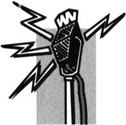 FEBRUARY 17, 1986It started out as a routine day for me, but it certainly didnt wind up that way.
FEBRUARY 17, 1986It started out as a routine day for me, but it certainly didnt wind up that way.
I woke up at midmorning in our winter home in Palm Springs, California, and felt great. Every morning, my routine is the same. I walk to the store to buy the newspapersthe two from Los Angeles, the Times and Herald-Examiner, plus USA Today. In the afternoon, when the first airplane arrives from Chicago, I get the Chicago Tribune and Chicago Sun-Times, too. Fritzie Gauna, a friend of ours who keeps an eye on the house when were back in Chicago during the summer, goes to the Palm Springs Airport and picks up the two Chicago papers. You have to keep up with world events, you know.
Anyway, its about a three-mile round trip for me to the store and then back to the house. When I returned home that day, I rode my stationary bike for about seven miles, then did some exercises for my back, and went in the Jacuzzi for a little while. By the time I took care of that ritual, and read a little, it was time to head over to the Canyon Country Club, just down the road. Sometimes I walk. Were right on the sixth fairway of the golf course, so its not much of a walk. About twelve holes long. Sometimes I walk. On this particular day, I drove over.
It was about four-thirty in the afternoon, past Budweiser time and headed toward happy hour. I went to the bar to order a scotch old-fashioned when one of the fellows nearby said another guy was needed in a gin game. I gladly joined in, and to make a long story short, I was doing pretty well. I was up about five hundred dollars when I suddenly realized I was having trouble picking up the cards with my right hand. I had no pain, and I didnt feel dizzy, and I must have been pretty alert. As I said, I was up about five hundred dollars.
I got up from the table and went into the bathroom and threw some cold water on my face. Again, I felt no pain. Then I went back to the card game and lost a hand. At that point, Mel Green, a friend of mine, looked over and said, You better stop, Harry. You should go on home right away.
To my knowledge, I was talking all right and acting all right, but the other people there must have sized up that something was wrong. As I said, I drove to the club that day, but Mel wasnt about to let me take the car back home. He drove me, and when I got there, I wasnt alone. The paramedics were there, and so was a Dr. Burt Winston. I didnt know him, but he was a member of the club. As I discovered later, the fellows I was playing cards with had called the 911 emergency number. They suspected something was wrong. Unfortunately, they were correct.
A stroke. I had had a stroke. Mel told my wife, Dutchie, when he got to the house that he was afraid Id had a stroke, and he was exactly right. To this day, I havent felt any pain. To this day, I dont really know what a stroke is. I do know that I went to Desert Hospital from my home in an ambulance and that I never lost consciousness. Dutchies theory is that those exercises I did every morning might have pulled me through. I was too heavy, 236 pounds, but in relatively good shape otherwise. Thank God. Thank God for a lot of things.
When I awakened the next morning in the hospital, Dutchie was there. So were my sons, Skip and Chris, who had flown inSkip from Atlanta, Chris from St. Louis. Also there was Sylvia Stein, the wife of my good friend Ben from Chicago. She just happened to be staying with us at the house when I took ill.
Dr. Winston confirmed that Id had a stroke, whatever that was. I realized, lying there in bed, that I couldnt move my right arm or my right leg. I could talk, though. I thought I was coherent, but I wasnt. I was talking, but apparently nobody could understand me. It was an eerie feeling. I always figured Id drop dead at the ballpark someday, yelling, Cubs Win! Cubs Win! with my last breath. I certainly didnt know what to make of this stroke business.
But I can honestly say that my first thought was, When can I get back to work? It was almost time for me to head to the Cubs spring-training headquarters in Mesa, Arizona. Wed be doing our first broadcast of the Cactus League exhibition games in a couple weeks, and thats all that was on my mind. I dont remember being scared and I dont remember thinking to myself, Am I going to die? Of course, I did have my moments of depression, especially during the first week in the hospital, but thats where the fans came to my rescue.
You know, in all my years of broadcasting major-league baseballtwenty-five seasons with the St. Louis Cardinals, one with the Oakland Athletics, eleven with the Chicago White Sox, and since 1982 with the Cubstheres only been one real criticism of my style. I like to mention names of viewers and listeners or even fans in attendance during the ball game.
Happy Birthday to So-and-So. Happy Anniversary to So-and-So. Thats always been my way of acknowledging the fans, whether theyre actually there at the stadium that day or tuning in. It doesnt take that much effort, and it certainly is harmless. Besides, you never know when you just might say something to someone to lift a persons spirits.
When someone sends a note up to the booth and then I read it on the air, it can make that person a big man or big woman on campus that day. He or she goes back home and friends will say, Hey, Harry Caray was talking about you during the ball game this afternoon. In all my years, I never missed a pitch or a batter or an inning, so whats wrong with saying something about Joe Blow? Particularly if Joe Blow happens to be a shut-in who might be feeling down and just lives for those broadcasts.
Well, lying there in Desert Hospital, I realized that the shoe was on the other foot. There I was, stuttering and stammering, and here came the mail. Boxes and boxes of letters and telegrams and cards. Flowers, everything. From people I knew, but mostly from complete strangers. I stopped counting at fifteen thousand. There was no way to answer those people personally, except to get back to work. I realized then that Id been right all along, despite what the critics said. If I ever lacked the motivation to make it back to the booth, those get-well wishes from everywhere really spurred me on. I was determined to broadcast baseball again.


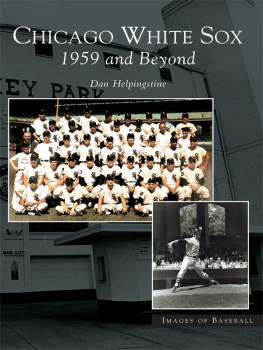
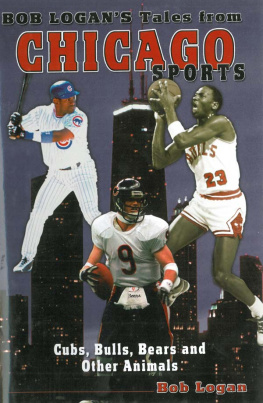
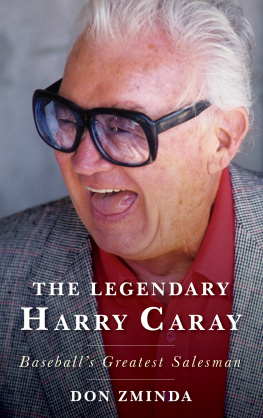
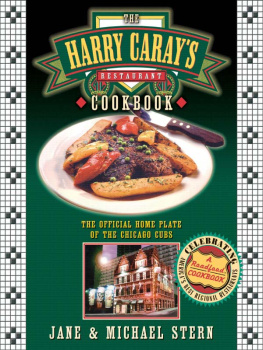
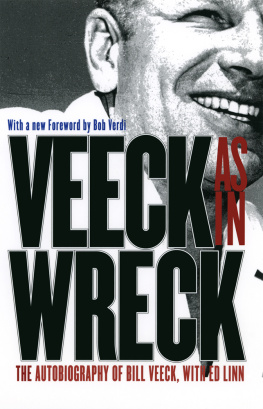
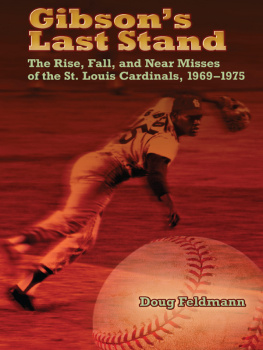
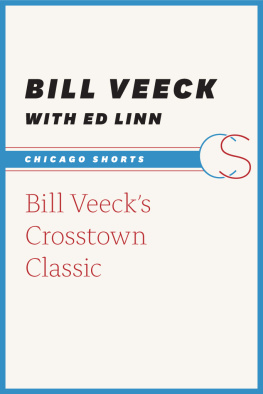

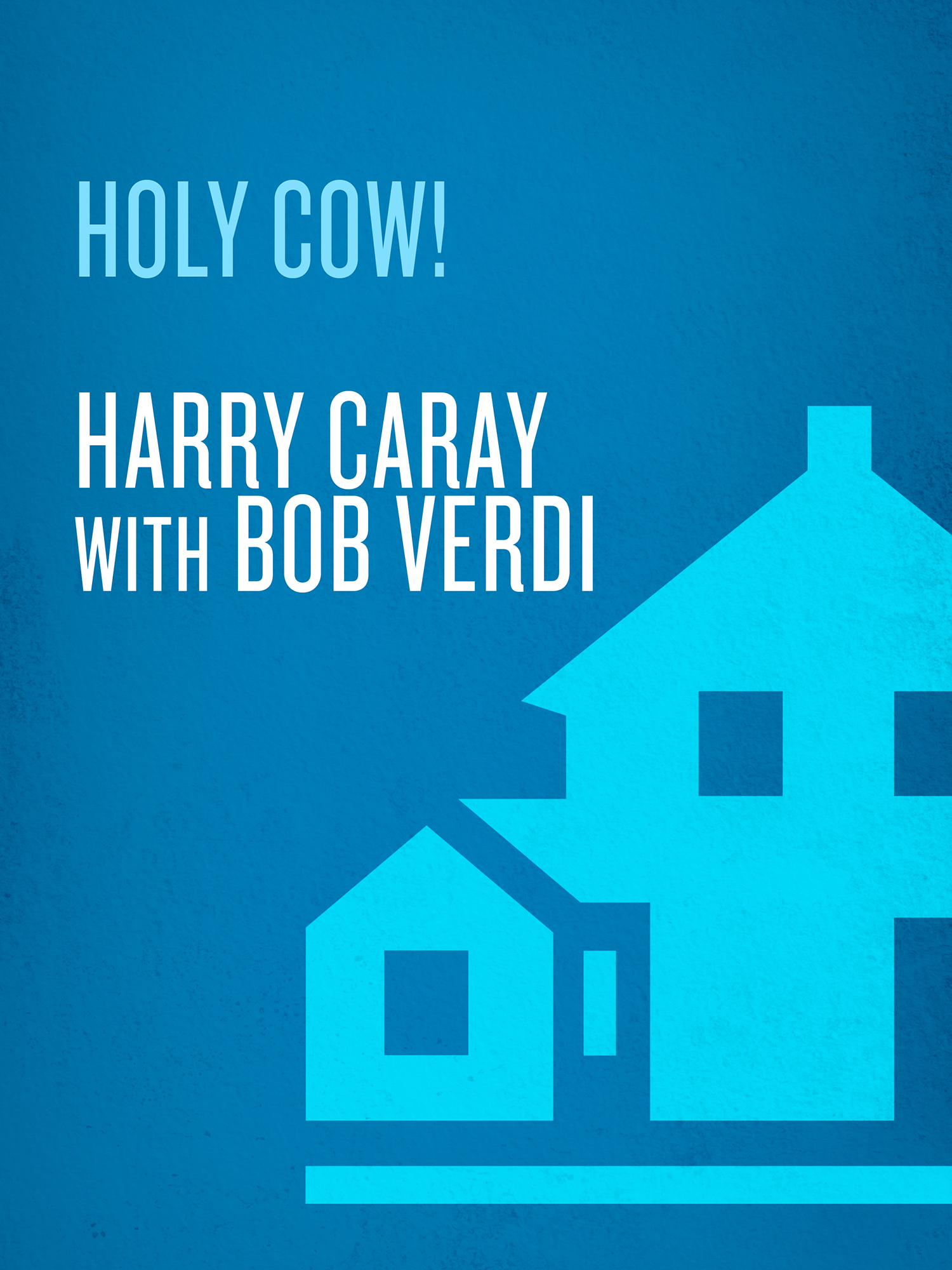
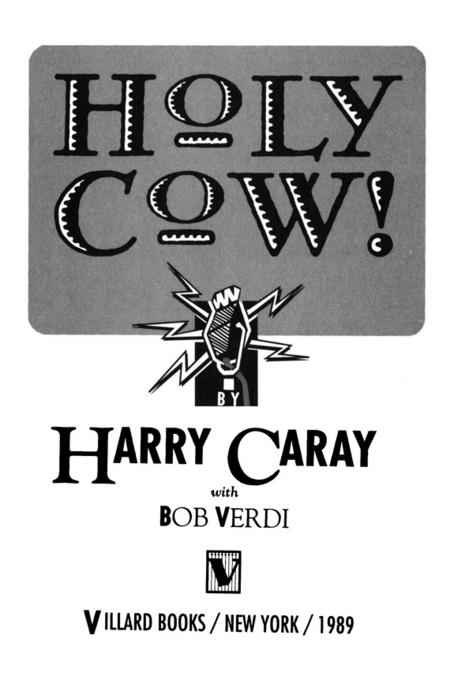
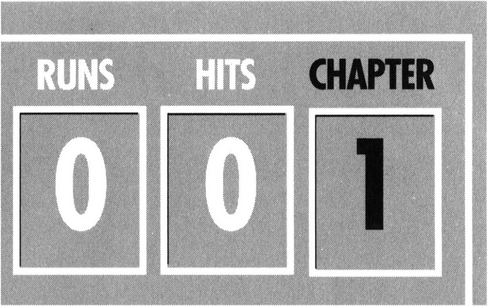
 FEBRUARY 17, 1986It started out as a routine day for me, but it certainly didnt wind up that way.
FEBRUARY 17, 1986It started out as a routine day for me, but it certainly didnt wind up that way.